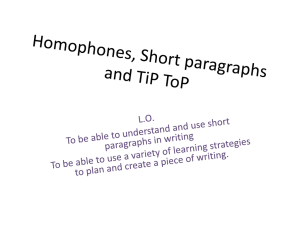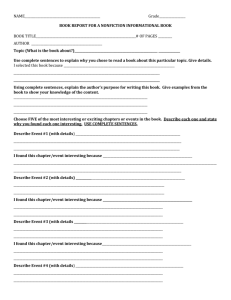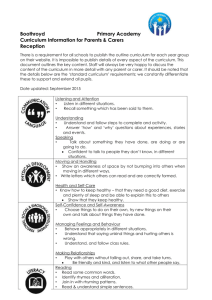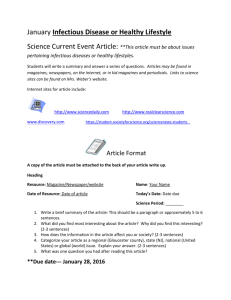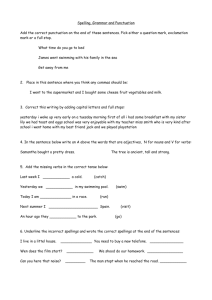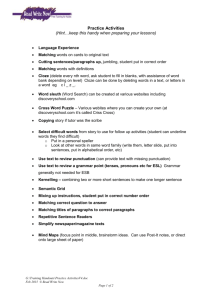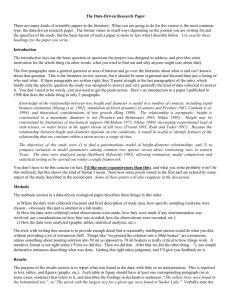More Effective Writing Techniques
advertisement
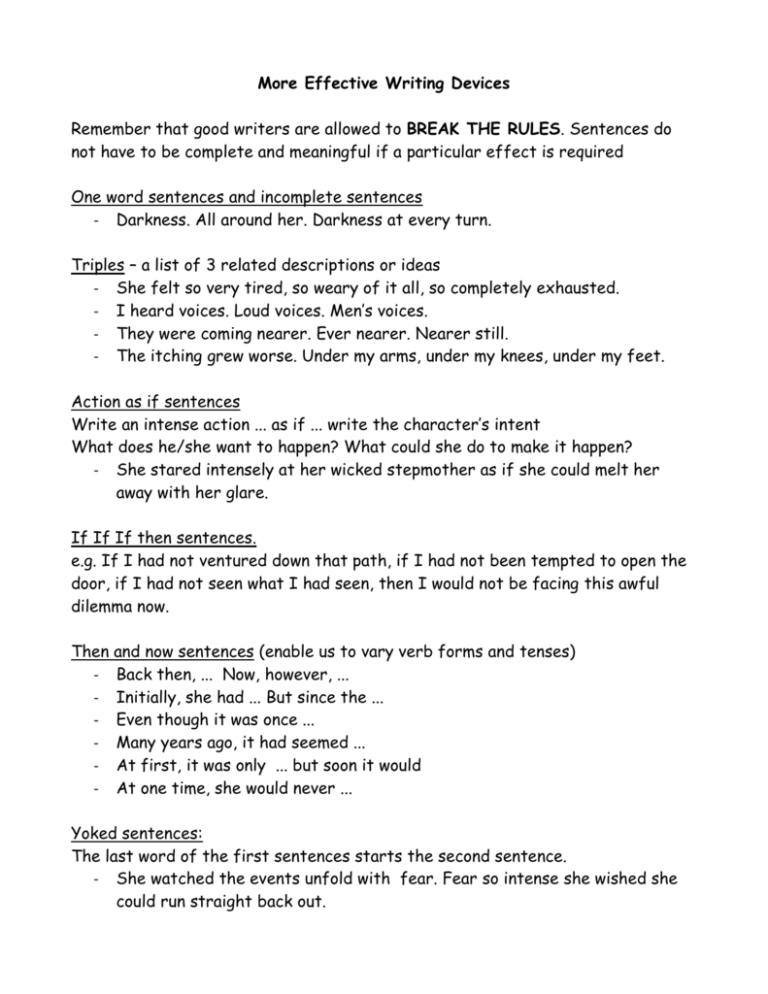
More Effective Writing Devices Remember that good writers are allowed to BREAK THE RULES. Sentences do not have to be complete and meaningful if a particular effect is required One word sentences and incomplete sentences - Darkness. All around her. Darkness at every turn. Triples – a list of 3 related descriptions or ideas - She felt so very tired, so weary of it all, so completely exhausted. - I heard voices. Loud voices. Men’s voices. - They were coming nearer. Ever nearer. Nearer still. - The itching grew worse. Under my arms, under my knees, under my feet. Action as if sentences Write an intense action ... as if ... write the character’s intent What does he/she want to happen? What could she do to make it happen? - She stared intensely at her wicked stepmother as if she could melt her away with her glare. If If If then sentences. e.g. If I had not ventured down that path, if I had not been tempted to open the door, if I had not seen what I had seen, then I would not be facing this awful dilemma now. Then - and now sentences (enable us to vary verb forms and tenses) Back then, ... Now, however, ... Initially, she had ... But since the ... Even though it was once ... Many years ago, it had seemed ... At first, it was only ... but soon it would At one time, she would never ... Yoked sentences: The last word of the first sentences starts the second sentence. - She watched the events unfold with fear. Fear so intense she wished she could run straight back out. Introduce ambiguity by withholding information - Use pronouns to keep the character from us - Use words like something to build suspense - Use rhetorical questions to plant the thought in the reader’s mind without telling them the answer One line paragraphs - Most effective on their own between longer, more developed paragraphs. These emphasise a point and create drama. Alliterative double verbs - rushing and roaring - shuddered and shook - hissed and howled Intensifiers e.g. a little, slightly, somewhat, quite, really quite, rather, very, extremely, particularly, Nominalisation for succinctness – use abstract nouns to replace verbs. - She refused to react so he would never know how hurt she was. Her refusal to reach meant that he would never know how hurt she was. - He realised what he had done. The realisation of what he had done hit him hard. - She felt envious. Envy overwhelmed her. Make links: - Within paragraphs - Between paragraphs - Between openings and closings.




